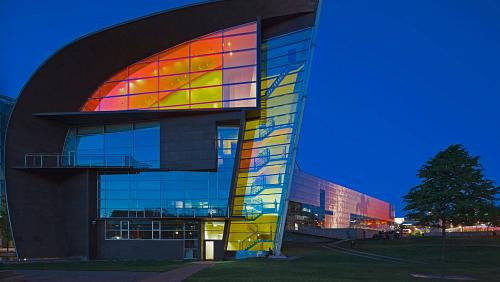In recent years, the way we think about burner technology has evolved significantly. With the global focus on reducing carbon emissions and increasing energy efficiency, there is a growing need for burners that can accommodate a wide range of fuel types. This has led to the development of flexible fuel burners, which have the potential to revolutionize the way we use and think about combustion technology.
Traditional burner technologies are typically designed to run on specific fuel types, such as natural gas or propane. This limitation can be problematic because it limits the ability to switch between fuel sources based on availability or cost. Flexible fuel burners, on the other hand, are designed to accommodate a wide range of fuel types, including natural gas, biogas, hydrogen and even waste-derived fuels.
This versatility offers many advantages. Firstly, it allows for greater flexibility in fuel supply, which can help reduce costs and reliance on a single fuel source. This is especially important in areas where fuel availability fluctuates or where certain fuels are more expensive. Additionally, by being able to accept a wider range of fuels, flexible fuel burners can help reduce carbon emissions and promote sustainability.
Another key benefit of flexible fuel burners is their potential to improve energy efficiency. By being able to adjust the fuel mix based on specific process requirements, these burners can optimize combustion and reduce energy waste. This can result in cost savings and a reduced environmental footprint, making it an attractive option for industries looking to improve their sustainability.
In addition to their environmental and economic benefits, flexible fuel burners also offer enhanced safety features. By allowing better control of the combustion process, these burners can help reduce the risk of accidents and provide more stable and reliable operation. This is particularly important in industries where safety is a top priority, such as the oil and gas sector.
As the demand for cleaner, more efficient combustion technologies continues to grow, flexible fuel burners will likely play an increasingly important role in the future of burner technology. With their ability to accommodate a wide range of fuel types, improve energy efficiency and enhance safety, these burners offer an attractive solution for industries looking to reduce their environmental impact and improve their bottom line. By adopting flexible fuel burners, businesses can position themselves as leaders in the transition to a more sustainable and efficient future.






